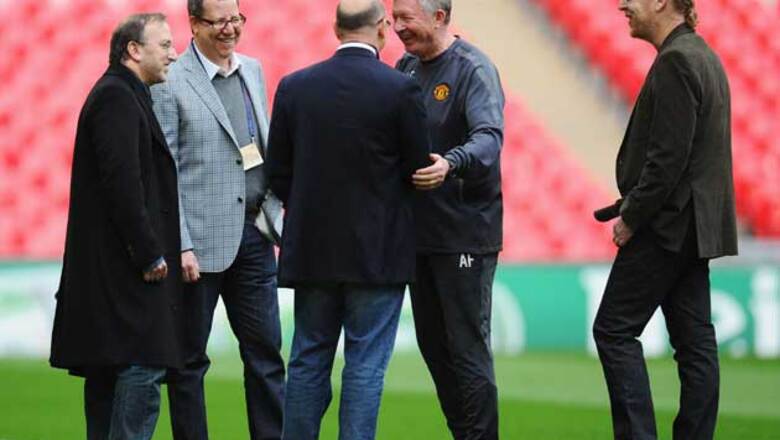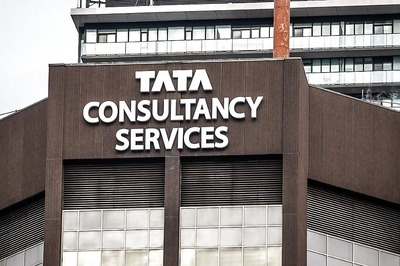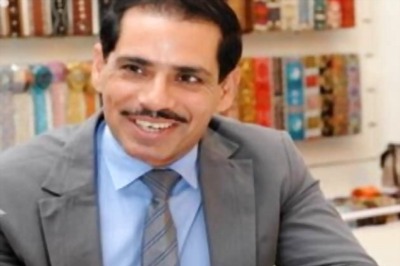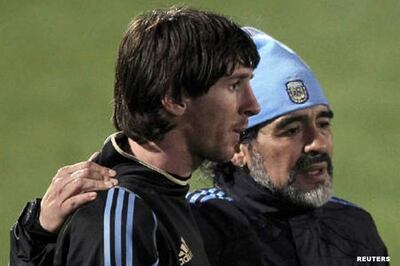
views
Manchester: Manchester United Plc(MANU.N) is poised for strong near-term revenue growth from media and sponsorship deals, according to brokerages who backed the English soccer club's flotation in New York last month.
The club had a flat market debut on August 10 after a listing which valued the 19-times English premier league champions at $2.3 billion and has drifted lower since. The stock was marginally down at $13.25 in New York on Tuesday.
Critics of the deal highlighted a dual-share structure that left the American Glazer family firmly in control of the club despite the sale of stock. That did not deter billionaire money manager George Soros who has taken a 1.9 per cent stake.
Jefferies & Co, lead underwriter in the IPO, started coverage on the stock with a "buy" rating, while Credit Suisse, also among the lead underwriters, initiated the stock with "outperform".
Deutsche Bank, also involved in the deal, started the stock with a "buy", but Nomura Equity Research was more cautious with a "neutral" rating.
"We view Manchester United as a key beneficiary of the changing media world where advertisers are willing to pay up for (live) content and want to associate with powerful brands that are recognized globally," Jefferies analyst Randal Konik said in a note to clients.
The club's estimated 659 million followers worldwide make the team a valuable global asset that can be monetized through a number of existing and potential sponsorship deals, said Konik, who started the stock with a $20 price target.
Credit Suisse's Spencer Wang said United's position as a leading club gives it competitive advantages from soccer's popularity across the globe, including exposure to the game's growth in emerging markets.
SET TO BENEFIT
Wang started the company's shares with a price target of $18, while Deutsche set a $17 target. United is set to benefit from new commercial deals, including the recently negotiated shirt sponsorship with General Motors Co's (GM.N) Chevrolet brand, a deal expected to bring in $559 million over its seven-year term from 2014.
The club will also gain from its share of a nearly 70 per cent increase for domestic TV rights to English Premier League games t h at kicks in from 2013.
All four brokerages were confident that the club could grow revenue. However, Nomura expressed concerns about greater-than-expected player cost inflation and valuation.
"The cost structure, particularly player salaries, creates uncertainty over the next few years," Nomura analysts said in a note, starting the stock with a $13 price target.
Employee costs for 2012 are estimated to be about 50 per cent of revenue, according to the club's data. That is relatively low by the standards of the English Premier League.
Following the IPO, United successfully fought off competition from several other clubs to buy Dutchman Robin Van Persie, last season's top Premier League goal scorer, for 24 million pounds from rivals Arsenal.
Van Persie proved his worth by scoring all three goals in United's 3-2 win over Southampton on Sunday and his signing has muted fans' criticism of the Glazers for the time being.
Banks underwriting an IPO are typically prevented from publishing research on the company until 40 days after the deal.
But since the company classifies itself as an "emerging growth company" under the new Jumpstart Our Business Startups (JOBS) Act, its underwriters are allowed to publish research immediately following the IPO.



















Comments
0 comment